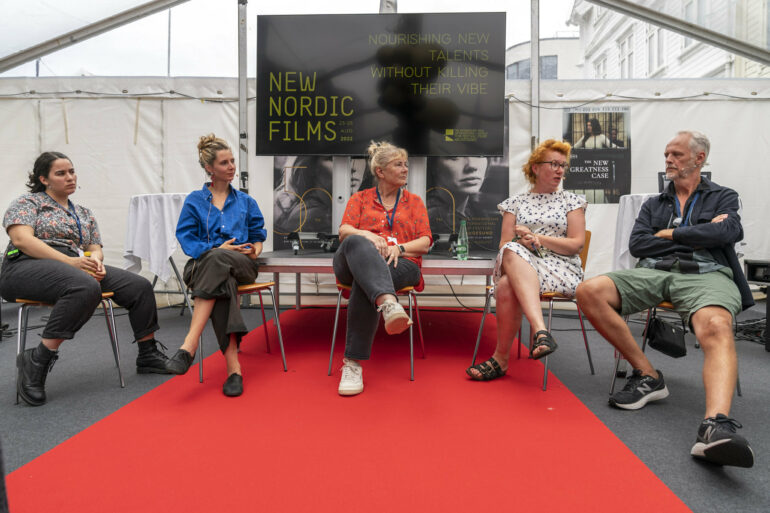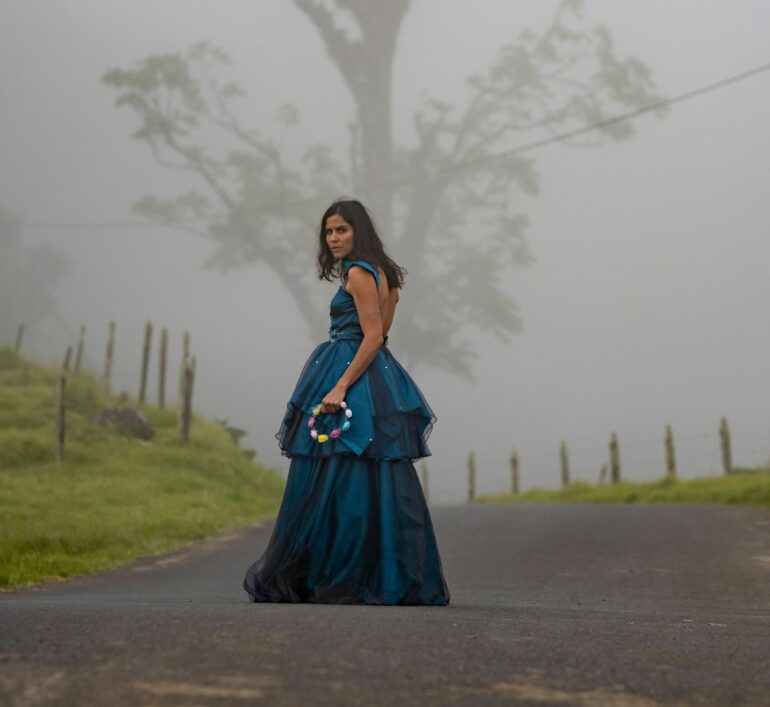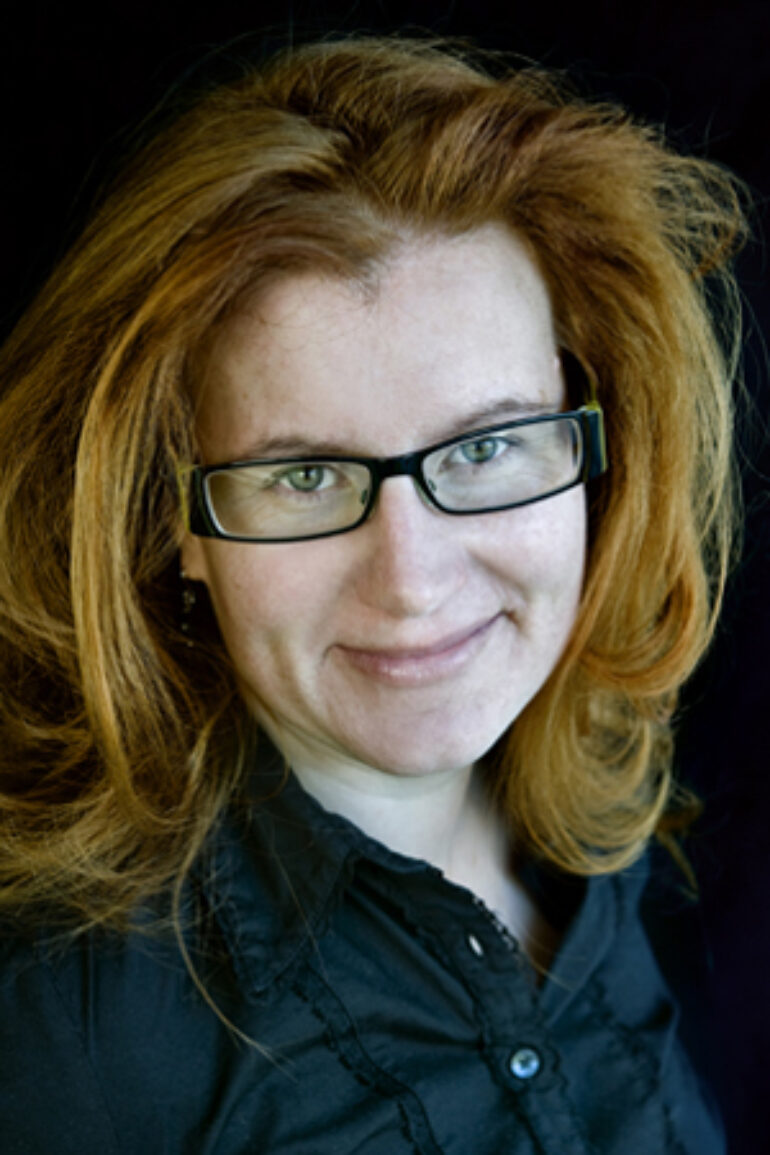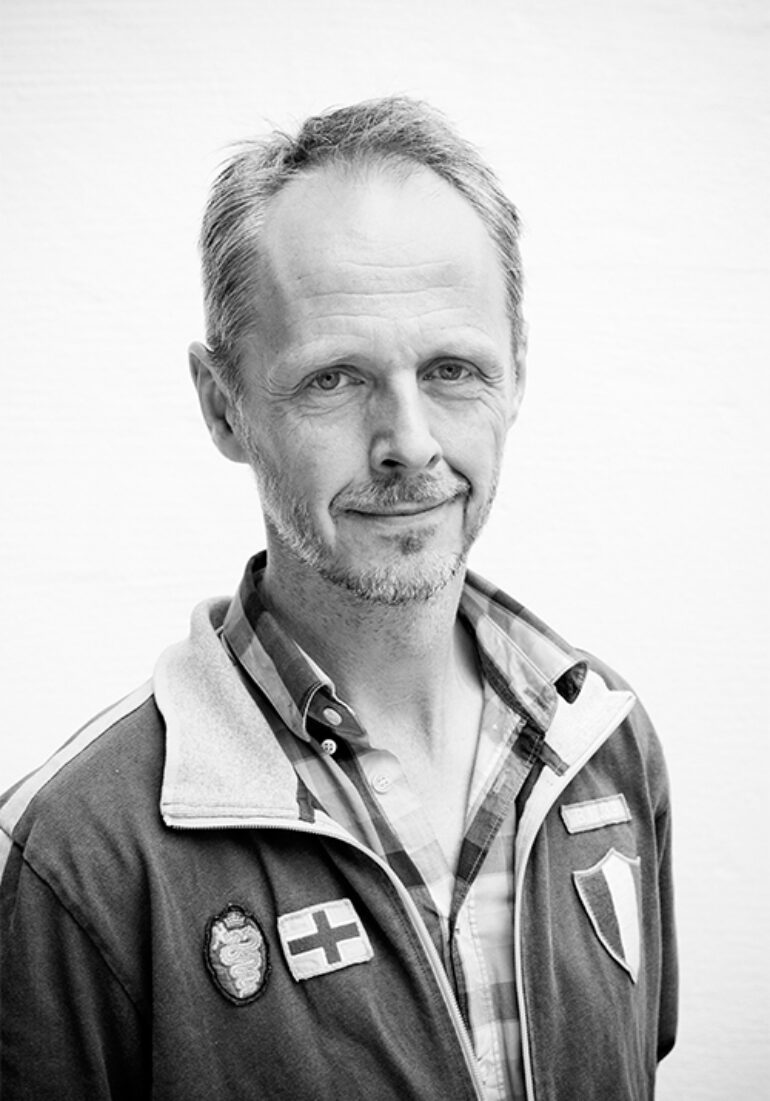WRITTEN BY: Annika Pham
Nathalie Álvarez Mesén and Franciska Eliassen were among panellists invited by Nordisk Film & TV Fond and New Nordic Films, to discuss how to get into the industry.
The panel ‘Nourishing New Voices Without Killing Their Vibe’ held last Wednesday in Haugesund, was arranged as part of the Fund’s theme year “20-Something”, which looks at the Nordic industry from the viewpoint of young Nordic filmmakers and viewers.
Both Costa-Rican-born Swedish filmmaker Nathalie Álvarez Mesén and Norway’s Franciska Eliassen have just made film headlines with their respective debuts.
The multi-awarded Clara Sola was revealed on Tuesday as Sweden’s contender for the Nordic Council Film Prize, while Eliassen’s Sister, What Grows Where Land is Sick? has picked up a Special Mention from Locarno’s Cineasti del Presente’.
Interestingly, the two writers/directors navigated crossroads to make it into the industry, as they explained in their dialogue between peers, steered by Liselott Forsman, CEO at Nordisk Film & TV Fond.
Álvarez Mesén said her entry point into filmmaking came through mime. She left Coast-Rica for Sweden to join a mime course at Stockholm’s University of the Arts, before graduating in filmmaking/screenwriting from New-York’s Columbia University.
“I borrowed what I learned from mime and applied it to filmmaking which was great! she told the New Nordic Films audience, before expanding. “With mime, everything is about what drives the story visually, not with words. We express ourselves with our body. We’re also very sensitive to feedback as we showcase unfinished works all the time.”
Eliassen said she turned to filmmaking after she felt her first interests in classical music (she plays violin) and visual arts were too narrow in audience reach, “mostly for elder people. So I thought movie is better-everyone loves it!” she explained. The versatile young talent then attended the Nordland University College of Art and Film in the Lofoten archipelago, northern Norway.
Discussing the financing of her film, Eliassen who served as writer, director, editor, sound designer on her feature, said she also took on the role of producer, because she was keen to ‘explore new fields’ and simply had to do it herself.
Her film-financed on a shoestring budget, was eventually shot in 8 days, with friends and families. “My boyfriend shot it, my sister did the costumes”, said the director, who made sure they would enjoy the process, as she couldn’t offer them a proper salary.
Álvarez Mesén for her part was at first intimidated by the application process from the Swedish Film Institute (SFI). “You need the right producer, the right language,” which I didn’t have”, she said, until she found out about the SFI’s Wild Card programme.
“It is different, very inclusive,” she said about the scheme. Obliged to find a producer to apply for Wild Card, the director met Nima Yousefi of Hobab Film through speed-dating, and developed with him a relationship based on trust. “Wild Card enables networking and it incentivise young filmmakers to find partners”, she underscored.
Álvarez Mesén said finding the right producer is key, as it can allow a filmmaker to keep his vision.
Asked by Eliassen what she had learned so far, Clara Sola’s director said she will definitely continue to work with Yousefi, but will also “be better at picking battles”. “Before, I would focus on small details, but I should have put my energy elsewhere, prioritise certain scenes.”
Eliassen said she hopes next time “to do things in a more sustainable way, find a collaborator. It was tiring to do too much by myself,” she admits.
Opening up the discussion to industry professionals, Forsman invited Helen Ahlsson, former head of the SFI’s Moving Sweden, now producer at Nordic Drama Queens, to expand on the SFI’s Wild Card programme which she set up with Lina Norberg Johansson in 2018.
The purpose for the scheme, she explained, was to fast-track Swedish filmmakers’ access to development funding straight after school graduation. “Young filmmakers want money, artistic freedom. We said OK, let’s start with a development grant of SEK 400,000, and we’ll make it simple to apply - notably with a mood reel, short synopsis to focus on the core and tone, and a link to their graduation film. Once the development money is granted, the filmmakers are free to do what they want with their project,” Ahlsson added.
Comparing the SFI’s talent development schemes with existing programmes in Norway, producer Yngve Sæther of Motlys praised the Norwegian Film Institute’s former ‘Nye Veier’ (New Ways) scheme, which allowed him to produce notably the critically-acclaimed Ninjababy by newcomer Yngvild Sve Flikke. “It was close in concept to the SFI’s Moving Sweden as it was about believing in a director, an idea. You knew you would get the project made, as you would automatically get production support after the development support. It’s a pity it’s been changed with a new scheme [NEO],” said the seasoned producer.
Asked by Forsman to give tips to new talents eager to make it into film & TV, Sæther offered four advices.
- Don’t kill yourself [with an overload of work]. Build yourself a ‘family’, with people that you trust, who are interested in the same ideas, and can give you different opinions.
- Have at least three ideas you work with, not to be depressed if one doesn’t succeed.
- Don’t be afraid to meet new people, including producers. It’s not the job of a young talent to apply for money.
- Do pay your friends -and family - to be sustainable.
Tina í Dali Wagner, Head of the Faroese Film Institute, also shared her experience. She is also the coordinator of Nordisk Film & TV Fond’s Nordic Talents event, which on a yearly basis, builds bridges between new talents and the industry.
Outlining the concept of the ‘Young Nordic Producers Club’, which she co-organises annually with Noemi Ferrer (DR’s Sales Executive Director), Dali Wagner said the four-day workshop during the Cannes Film Festival, is meant to help up-and-coming producers hone their co-production skills, and network with fellow Nordic colleagues. “We don’t give out any money”, she underlined.
In a closing note, Eliassen and Álvarez Mesén gave public funders extra tips on how to attract and encourage rising talents.
Clara Sola’s director who is preparing her second feature The Wolf Will Tear Your Immaculate Hands, said institutes could perhaps create a special space for newcomers without a built-in network from the main Nordic film schools. “Bringing people from ‘the outside’ is good,” she insisted.
Eliassen concurred. “I studied philosophy [on top of my film studies], and didn’t attend one of the main [Nordic] film schools. Try to give more people a chance, have a better representation, be more sustainable as an industry and educate people so that they watch more daring films,” she said.





